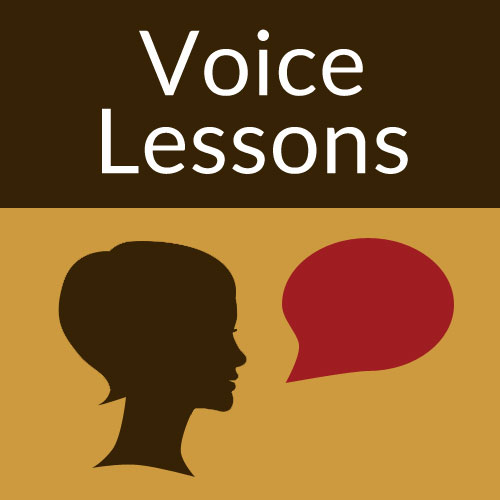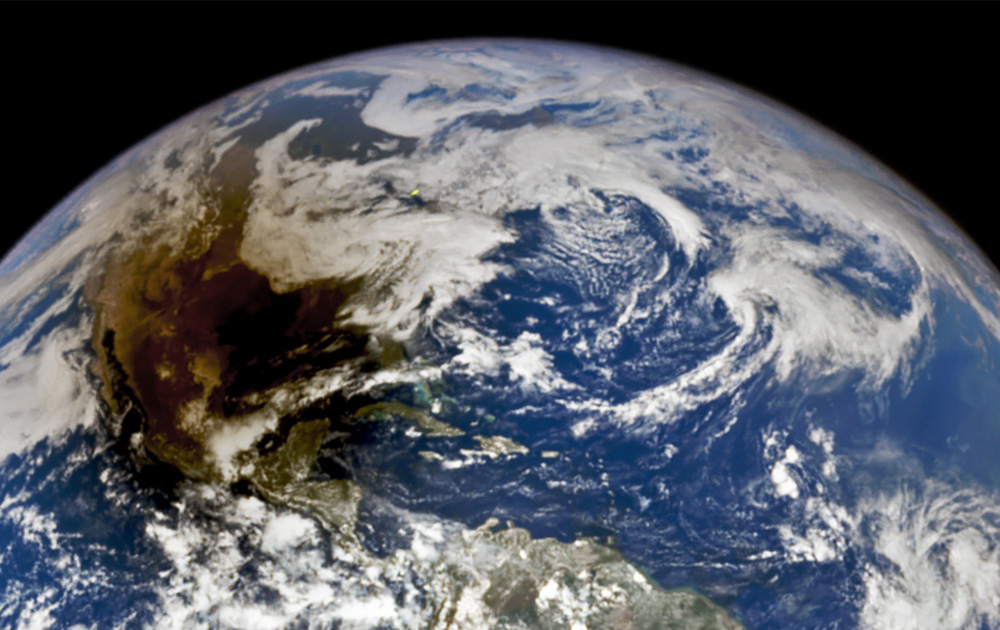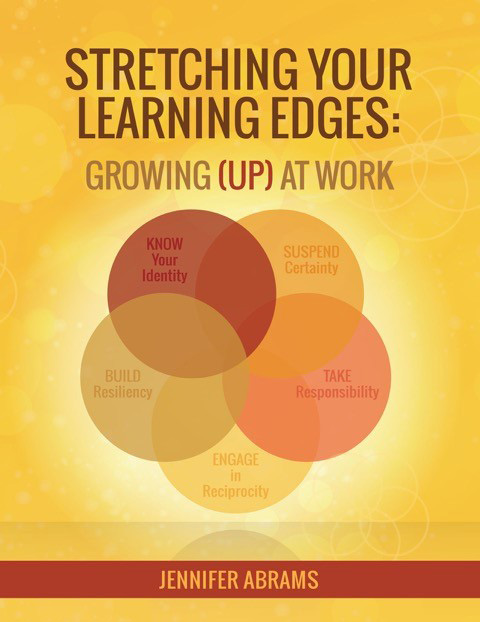Shared Bank
May 1, 2024

This month, in the spirit of always growing, I attended a professional development workshop hosted by Essential Partners. The focus of the workshop was to learn about the Reflective Structured Dialogue process. For our dialogue, we used what is a polarizing topic here in the USA: the upcoming election.
The 2.5-hour experience offered all participants an opportunity to learn the Reflective Structured Dialogue process and to experience it in real time. We spoke and we listened to others with curiosity – all about people’s points of view regarding the upcoming election in the USA.
As a communications consultant, I appreciated the facilitation, the structure, and the attendees. Everyone was generous, open, curious, and willing to join in with their point of view, and with their interest in learning what other’s points of view were as well.
Where social divisiveness might have been ever present and caused social friction, the container created with norms, with silent time to think, and with structured ways of questioning, allowed attendees a terrific opportunity to see how a group can learn with and from each other, no matter the topic. (More Essential Partners resources on having dialogues around polarizing topics can be found here.)
One of the learnings I had was how my response to the question, “What’s at stake for me and my community in the upcoming election?” was a response that others found intriguing and asked me about more than once.
I had stated that in terms of my community, I believed that the whole world was my community. The whole world. Palo Alto, CA, where I currently live. Edina, MN, where I grew up. Boston, MA, where I went to undergrad. Florence, Italy, where I did a semester abroad. Montgomery, Alabama, where I did a Zoom session this week. Taipei, Taiwan, where I will be doing a keynote in two weeks. All of those places are my community. And Seoul, Ho Chi Minh, Athens, Chicago, Atlantic City, Bakersfield, Placerville, Alameda, and on and on and on. I believe the whole world to be my community. And because of that I have a respect for and a responsibility to everyone within it. I strive to be a value-add member to it all. I honestly believe this to be true.
Perhaps my immediate answer that my community was the world was in response to a Gregory Orr poem that was shared when we began the discussion. Here are specific lines that rang out to me:
No other world
But this one:
No other shore, only this bank
We are on a shared bank. There is no other shore. No other world. Just this one.

Those who understandably answered the community question differently taught me a great deal about their world. Their banks. Their shores. It was one of the most thoughtful 2.5 hours I have spent in quite a while. My community, for that moment, was that small group of individuals on Zoom, wanting to listen to one another. We were there and dedicated to understanding one another’s point of view. Not convincing others. Not fixing others. Understanding others.
Engaging in Reciprocity is a key facet in my book, Stretching Your Learning Edges: Growing (Up) at Work. Recognizing our responsibility to work with others in humane and growth producing ways is essential for our success. Living ‘out loud’ a mutual respect for in one’s community, team, school, or organization is critical to our development. And what I also know is that we all need to build our skillset to work with people beyond our ‘immediate’ community if we are to survive as a globe.
No other world
But this one:
No other shore, only this bank
We are on a shared bank. No other world but this one. Join me.
As a bonus: Here’s a two and a half minute visual commentary about this same concept. I did it for the Stretching book’s chapter on Engaging in Reciprocity.
If you have any questions, comments, or suggestions or need a safe space for talking something through, please feel free to email me at jennifer@jenniferabrams.com. I look forward to hearing from you.
Cool Resources
Calm Harm
“The Calm Harm app provides some immediate activities and techniques to help you break the cycle of self-harm behavior and explore underlying trigger factors; the app supports you in building a ‘safety net’ of helpful thoughts, behaviors, and access to supportive people, as well as providing the opportunity to journal and self-reflect.”
Cultures of Growth: How the New Science of Mindset Can Transform Individuals, Teams, and Organizations by Mary C. Murphy. “In Cultures of Growth, Dweck’s protégé, Mary Murphy, a social psychologist at both Stanford and Indiana University, shows that mindset transcends individuals. A growth mindset culture can transform any group, team, or classroom to reach breakthroughs while also helping each person achieve their potential.”
Identity Safe Spaces at Home and School: Partnering to Overcome Inequity by Dr. Becki Cohn-Vargas and Dr. Debbie Zacarian, “Educators are increasingly aware of the vast number of students subjected to identity-related adverse childhood experiences and inequitable practices. To mitigate the negative impacts of oppression on marginalized identities, this book shows how educators can work with parents and caregivers to support all students’ well-being and success. Each chapter covers a core practice of identity safe classrooms and ways to share these practices with families so that they can foster identity safety at home.” Here is Tan Huynh’s interview with Debbie Zacarian and Becki Cohn-Vargas about the book.

